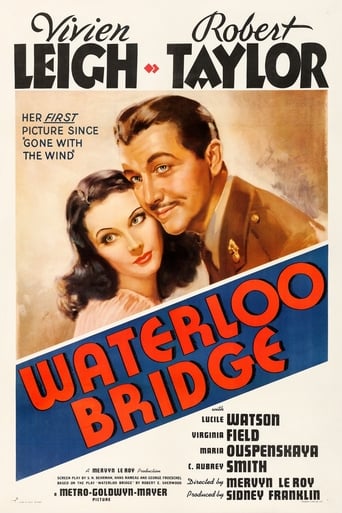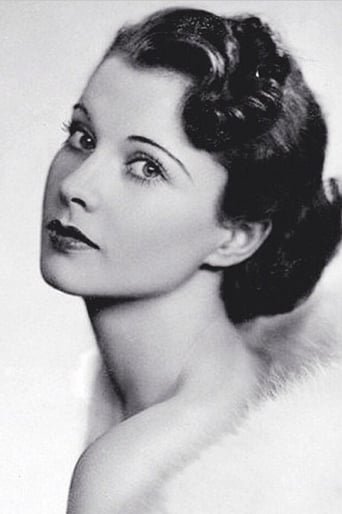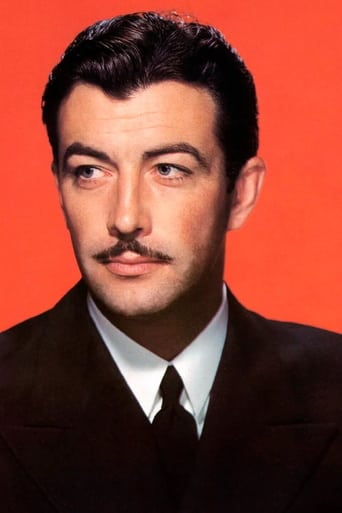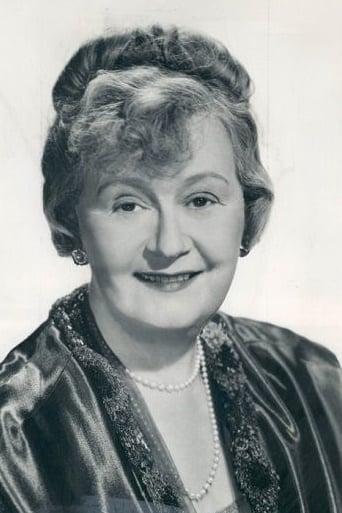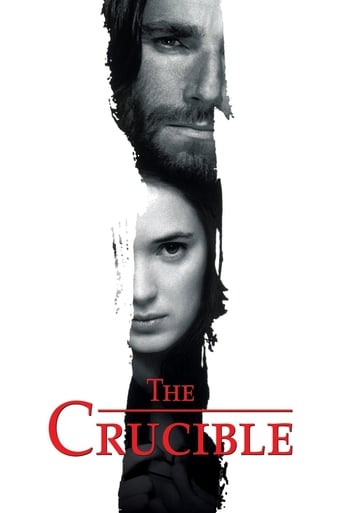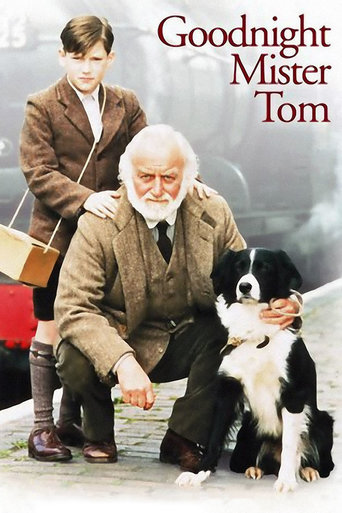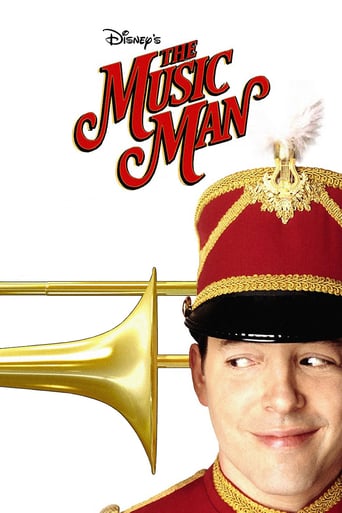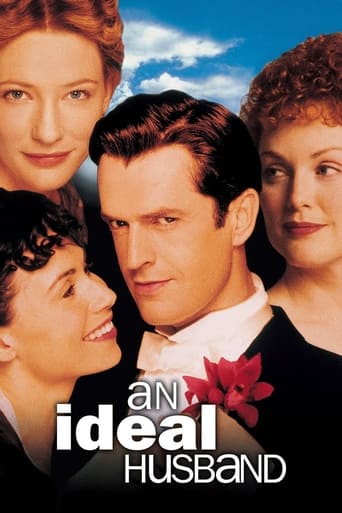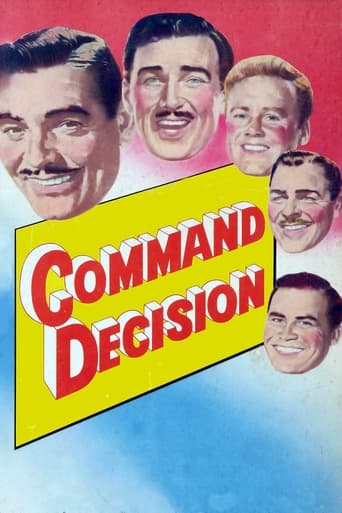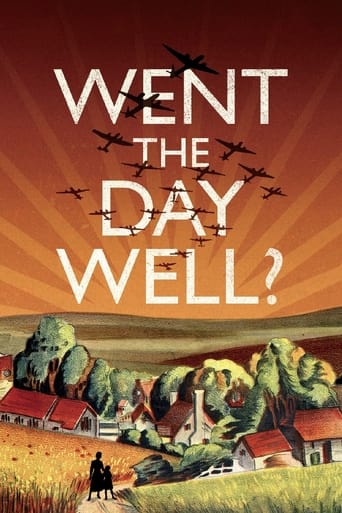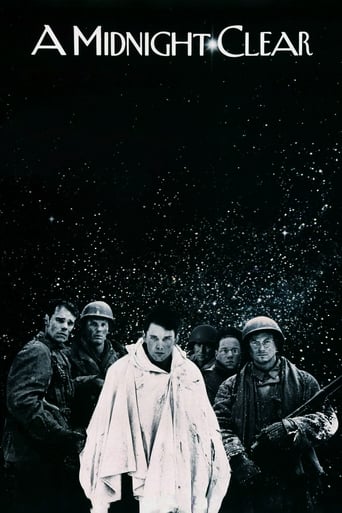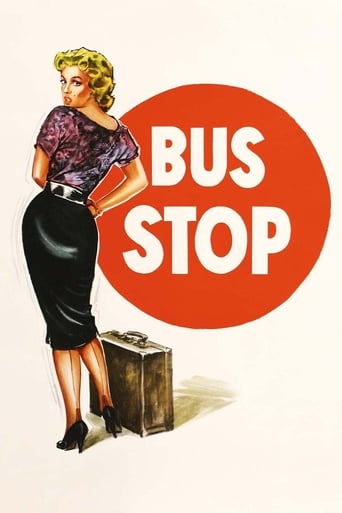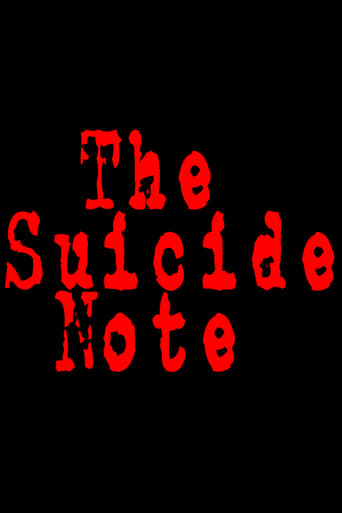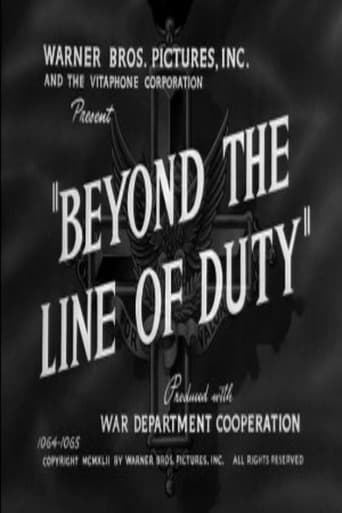Waterloo Bridge (1940)
On the eve of World War II, a British officer revisits Waterloo Bridge and recalls the young man he was at the beginning of World War I and the young ballerina he met just before he left for the front. Myra stayed with him past curfew and is thrown out of the corps de ballet. She survives on the streets of London, falling even lower after she hears her true love has been killed in action. But he wasn't killed. Those terrible years were nothing more than a bad dream is Myra's hope after Roy finds her and takes her to his family's country estate.
Watch Trailer
Cast


Similar titles
Reviews
I watched this film on the recommendation of a friend and wasn't disappointed. Although the main action is told in an extended flashback set in civilian life during the First World War, the bookending of the movie with Robert Taylor's middle-aged army colonel's long reminiscence on Waterloo Bridge of the love of his life is set in present day 1939 just after the outbreak of World War 2, making it one of the first films reflecting the new, even more devastating conflict. That said seeing the characters in contemporary clothing and hair-styles you might be forgiven for thinking it is a WW2 movie but one shouldn't forget the likely underlying aim of the film to interest and influence the watching American public on the side of the British as they initially stood almost alone against the German Army so perhaps the familiarity engendered was deliberate.There is no military action in the film however although the fact of Taylor's Captain Roy Cronin being an army officer does otherwise play a big part in proceedings, as it's a bomb raid which first throws he and Vivian Leigh's ballet dancer Myra together where they immediately spark and fall in love. Their whirlwind romance sees him attempt to marry her before he's posted overseas in two days only to be thwarted in this by his posting being brought forward a day. An unforeseen consequence of this is that Leigh loses her placing with the ballet corps which employs her, falling foul of the tyrannical old Madame who runs the company for missing a performance by rushing elsewhere to see Taylor off. Although she's accompanied in this departure by her rebellious friend and fellow-dancer Kitty (played by Virginia Field) who resigns herself in support of Leigh, when they find no work elsewhere for either of them, they resort to the oldest profession to survive, becoming streetwalkers, ironically to services personnel. Sure the plotting is highly melodramatic and the ending despairingly sad, but with two excellent star turns, fine supporting work by the rest of the well chosen cast and polished direction by Mervin Le Roy it's a very satisfying entertainment and must have been even more so to its original wartime audience.I've occasionally let my perception of Robert Taylor be clouded by the unsavoury part he played during the Communist witch hunt in Hollywood immediately after the war ended but he's undoubtedly handsome, charming and sincere here while the camera which so loved Leigh in the glorious technicolour of the immediately preceding "Gone With The Wind" continues its affair with her here in black and white. She really did have a most expressive face as we see her character run the gamut of emotions as her fortunes rise and fade time and again.Most impressive for me though was the skill with which it was directed by Mervin Le Roy. As well as helping the film leave behind its theatrical origins and keeping the occasionally improbable narrative going, there are lovely touches of flair exhibited which had me purring with pleasure. Some examples would be the dolly shot which picks out Taylor from the crowd at the train station, another high tracking shot of the pair dancing away from the crowd at a party to a private balcony, the dramatic focus on Leigh's face as she makes her fateful choice on Waterloo Bridge (I wonder if Hitchcock remembered it for Grace Kelly's trial scene in "Dial M for Murder") and the couple's first rapturous, silent dance together by candlelight. There's even a very modern shot with a double close up of Field and Leigh with the one in the foreground out of focus.All in all, a really fine film the like of which as the cliche has it, they don't make anymore.
On the eve of World War II, British officer Robert Taylor thinks back to his time in the first World War and his romance with ballerina Vivien Leigh. The second film version of Robert Sherwood's play is a glossy MGM production, which brings with it certain pros and cons compared to the 1931 version made at Universal. For starters, it has first-rate production values. Although it's separated by less than a decade from the other film, the technical aspects of filmmaking had come a long way in a short time. The cast, direction, cinematography, and music score are all excellent. This is a polished, beautiful film with two of the most attractive leads in movie history. Which leads to the main complaint I have about this film. The original Pre-Code film was grittier and seamier, both in terms of its production and its script. The script here was rewritten to make Vivien Leigh's character more 'acceptable' by the standards of the Production Code. This leads to some head-scratching plot points and an ending that is, quite frankly, the film's weakest part. I don't want to give too much away but I'll just say that up until the ending this was one of my favorite romantic movies of all time. If they had just followed the outline of the original story but kept the MGM gloss on the romantic parts, I would score this a ten. As it is with the changes, I have to knock a little off. Still, it's a picture any classic film fan will want to see at least once. Any movie with Maria Ouspenskaya in it is worth a look. It's a prime example of the lovely old-fashioned style of melodrama that MGM excelled at. It's not close to perfect but few movies are.
Very strong performances by a cast that seemed to know the writing was very good. Vivien Leigh's face was a silent mirror as she ran the emotions of love and then horror when she knew she would be found out. Taylor gives an inspired performance, and they seemed to have strong chemistry on screen. The supporting cast was terrific. As an amateur historian, I am mystified by the terrible costuming and hair that fit the 1940 issue date, not the 1914-15 period of the story. How could all the trucks (lorries) be so right and the soldier's equipment and the men's and women's costumes be so wrong? I wish Vivien Leigh had made a hundred more films for us.
As Myra Lester, Vivien Leigh has seldom given a more lovely or accomplished performance. There is a world of difference between her depiction of the sweet-faced innocent who is mistaken for a school-girl at the start of the film and the sullen, worn creature who saunters through Waterloo Station... and then is miraculously reborn. Myra's face is an open book, and Leigh shows us every shade of feeling. In a reversal of expectations, she is the practical, hesitant one, while Roy, older, is the impetuous dreamer; a role in which Robert Taylor is both endearing and truly convincing. I find few cinematic romances believable, but for me this lightning courtship rings utterly true in every glance or smile that passes between them, from the moment they catch sight of each other for the second time.Virginia Field also shines as Myra's friend, the hardbitten ex-chorus-girl Kitty, while C.Aubrey Smith provides sly humour as an unexpectedly supportive Colonel-in-Chief and Lucille Watson is both stately and sympathetic as Lady Margaret. But this is really Vivien Leigh's film, with Taylor's more than able aid, and she is transcendent.'Waterloo Bridge' has a touch of everything: laughter, tears, tension, misunderstanding, sweetness, beauty and fate. It couldn't be made in today's Hollywood without acquiring an unbearable dose of schmaltz; in the era of 'Pretty Woman' it probably couldn't be made at all. But of its kind it is perfect. The only caveat I'd make, under the circumstances a minor one, is that -- as again in 'Quentin Durward' fifteen years later -- Robert Taylor's lone American accent in the role of a supposed Scot is from time to time obtrusive.

